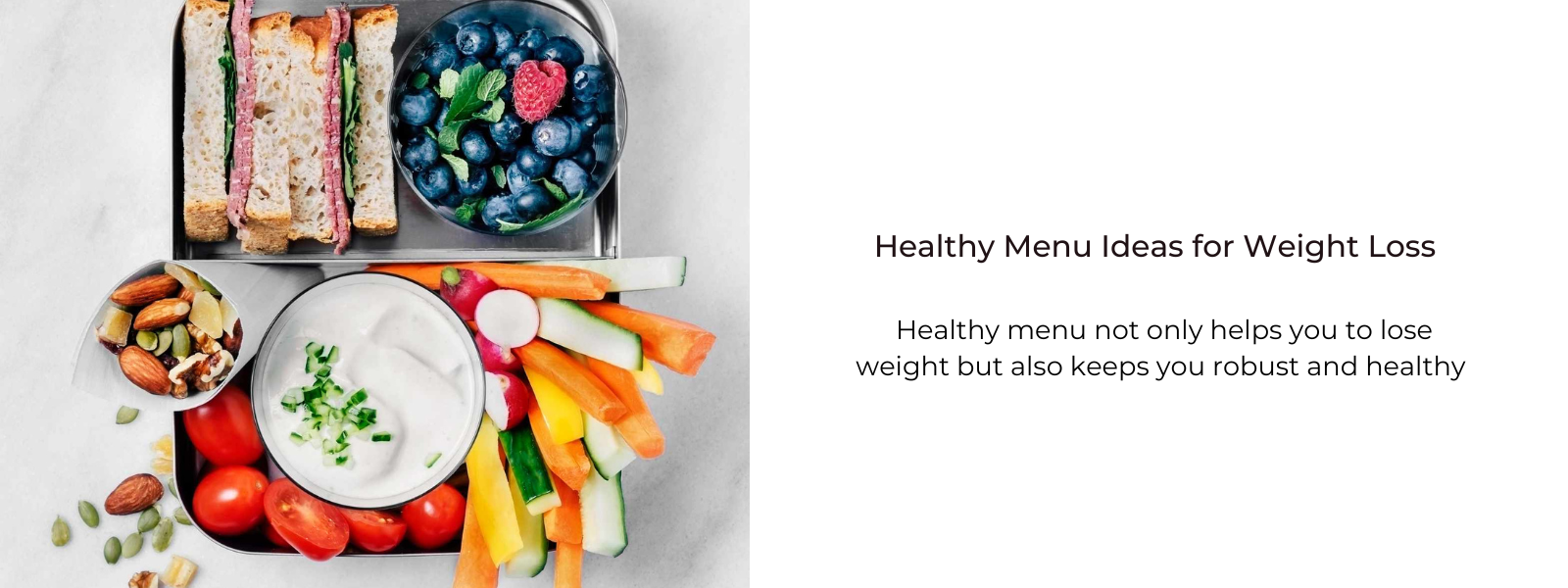Breakfast cereals are a popular and convenient breakfast option that come in a variety of forms, including hot cereals like oatmeal and cold cereals such as flakes, puffs, and clusters. They are typically made from grains like oats, wheat, rice, corn, or barley, and may be fortified with vitamins, minerals, and other nutrients.
Table of Contents
Nutritional Content:
Breakfast cereals can vary widely in their nutritional content depending on factors such as ingredients, processing methods, and added additives. While some cereals are high in fiber, vitamins, and minerals, others may be high in sugar, sodium, and refined carbohydrates. It's important to carefully read the nutrition label to assess the nutritional value of a cereal and choose options that align with your dietary goals and preferences.
Fiber Content:
Fiber is an essential nutrient found in whole grains that plays a crucial role in digestive health, satiety, and blood sugar regulation. Breakfast cereals made from whole grains like oats, bran, or whole wheat tend to be higher in fiber compared to cereals made from refined grains. Opting for high-fiber cereals can help promote feelings of fullness and support regular bowel movements.
Added Sugars and Sweeteners:
Many breakfast cereals, especially those marketed towards children, contain added sugars and sweeteners to enhance flavor and palatability. While a moderate amount of sugar can be acceptable, excessive sugar intake can contribute to health issues like obesity, type 2 diabetes, and dental cavities. Choosing cereals with lower sugar content or opting for unsweetened varieties can help minimize sugar intake and promote better overall health.
Fortification with Vitamins and Minerals:
Some breakfast cereals are fortified with vitamins and minerals to enhance their nutritional value. Common fortifications include added vitamins like vitamin D, B vitamins (such as thiamine, riboflavin, niacin, and folate), and minerals like iron and calcium. Fortified cereals can be a convenient way to meet daily nutrient needs, especially for individuals with specific dietary requirements or restrictions.
Considerations for Special Dietary Needs:
When selecting breakfast cereals, it's important to consider individual dietary needs and preferences, including food allergies, intolerances, and dietary restrictions. Fortunately, there are many options available to accommodate various dietary preferences, including gluten-free, dairy-free, and vegan cereals. Reading ingredient lists and nutrition labels carefully can help identify cereals that meet specific dietary requirements.
Nutritional Value of Popular Breakfast Cereal Staples:
- Oatmeal:
- Serving Size: 1 cup (cooked)
- Calories: Approximately 150
- Protein: Approximately 5 grams
- Fiber: Approximately 4 grams
- Carbohydrates: Approximately 27 grams
- Fat: Approximately 3 grams
- Other Nutrients: Oatmeal is a good source of iron, magnesium, phosphorus, and zinc. It also contains beta-glucan, a type of soluble fiber known for its cholesterol-lowering effects.
- Corn Flakes:
- Serving Size: 1 cup
- Calories: Approximately 100
- Protein: Approximately 2 grams
- Fiber: Approximately 1 gram
- Carbohydrates: Approximately 24 grams
- Fat: Approximately 0.5 grams
- Other Nutrients: Corn flakes are typically fortified with vitamins and minerals, including iron, niacin, riboflavin, thiamine, and folic acid.
- Whole Wheat Flakes:
- Serving Size: 1 cup
- Calories: Approximately 120
- Protein: Approximately 3 grams
- Fiber: Approximately 3 grams
- Carbohydrates: Approximately 24 grams
- Fat: Approximately 1 gram
- Other Nutrients: Whole wheat flakes are rich in fiber and contain vitamins and minerals such as iron, magnesium, and B vitamins.
- Granola:
- Serving Size: 1/2 cup
- Calories: Approximately 250
- Protein: Approximately 5 grams
- Fiber: Approximately 4 grams
- Carbohydrates: Approximately 40 grams
- Fat: Approximately 8 grams
- Other Nutrients: Granola often contains nuts, seeds, and dried fruits, providing additional nutrients such as healthy fats, protein, and antioxidants.
- Rice Krispies:
- Serving Size: 1 cup
- Calories: Approximately 110
- Protein: Approximately 2 grams
- Fiber: Approximately 0 grams
- Carbohydrates: Approximately 25 grams
- Fat: Approximately 0 grams
- Other Nutrients: Rice Krispies are typically fortified with vitamins and minerals, including iron, niacin, riboflavin, thiamine, and folic acid.
- Multigrain Flakes:
- Serving Size: 1 cup
- Calories: Approximately 140
- Protein: Approximately 3 grams
- Fiber: Approximately 3 grams
- Carbohydrates: Approximately 30 grams
- Fat: Approximately 1 gram
- Other Nutrients: Multigrain flakes are made from a combination of grains such as wheat, oats, barley, and rice, providing a variety of nutrients including fiber, vitamins, and minerals.
Benefits Of Cereals:
Cereals are a popular breakfast choice for several reasons, and they offer numerous benefits:
- Nutrient-Rich: Many breakfast cereals are fortified with essential vitamins and minerals, such as iron, calcium, vitamin D, and B vitamins like folate, niacin, riboflavin, and thiamine. These nutrients are important for overall health and well-being, supporting functions like energy metabolism, bone health, and immune function.
- Good Source of Fiber: Whole grain cereals, such as oats, bran flakes, and whole wheat cereals, are rich in dietary fiber. Fiber promotes digestive health by aiding in regular bowel movements, preventing constipation, and supporting a healthy gut microbiome. It also helps regulate blood sugar levels, promote satiety, and reduce the risk of chronic diseases like heart disease, diabetes, and certain cancers.
- Energy Boost: Cereals are a convenient source of carbohydrates, which serve as the body's primary source of energy. Starting the day with a carbohydrate-rich breakfast can help fuel your body and brain, providing the energy needed to kickstart your day and perform daily activities with focus and vitality.
- Quick and Convenient: Breakfast cereals are easy to prepare and require minimal time and effort, making them a convenient option for busy mornings. Whether you opt for cold cereals with milk or hot cereals like oatmeal, you can enjoy a nutritious breakfast without spending a lot of time in the kitchen.
- Versatile and Customizable: Cereals are incredibly versatile and can be customized to suit individual tastes and preferences. You can add various toppings and mix-ins to cereals, such as fresh fruits, nuts, seeds, yogurt, or honey, to enhance flavor, texture, and nutritional value. This allows you to create a breakfast that satisfies your cravings and nutritional needs.
- Weight Management: Incorporating cereals into your breakfast routine can support weight management goals. High-fiber cereals can promote feelings of fullness and satiety, helping to reduce overall calorie intake throughout the day. Additionally, starting the day with a balanced breakfast can prevent overeating later in the day and support healthy eating habits.
Conclusion:
In conclusion, breakfast cereals are a convenient and versatile breakfast option that can provide important nutrients like fiber, vitamins, and minerals. However, the nutritional content of cereals can vary widely, so it's important to choose options that align with your dietary goals and preferences. Opting for cereals made from whole grains, low in added sugars, and fortified with vitamins and minerals can help support a healthy diet and promote overall well-being. By making informed choices and paying attention to ingredient lists and nutrition labels, you can enjoy the nutritional benefits of breakfast cereals as part of a balanced breakfast.











Leave a comment